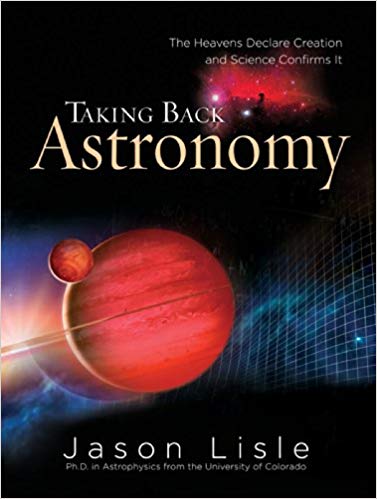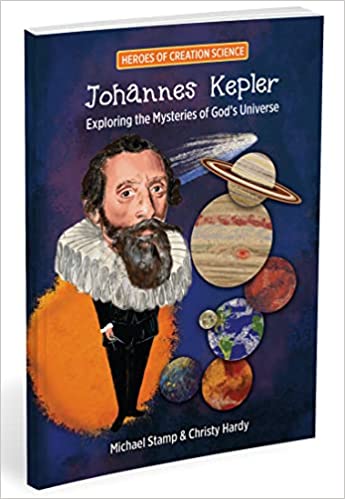There is a popular saying: “I may disagree with what you say, but I will defend to the death your right to say it.” These remarks are generally attributed to Voltaire (Francois- Marie Arouet 1694-1778) in pre-revolution France. Today in most western countries, citizens expect these sentiments to be foundational to democracy. Some recent events in the United States however cause many to wonder if people really are entitled to express their own interpretations in matters relating to science.
Events in Texas during April 2008 are certainly cause for concern. These events involve the Institute for Creation Research. This organization, founded in California in the 1970s, employs fully qualified scientists, with degrees from large secular universities, to conduct research and to teach science in terms of the creation model.
Since 1981 the ICR graduate school has granted fully approved degrees in science in California. ICR has always maintained that supporters of the young earth position should be careful and accurate in their pronouncements on science. To this end, they spent $5 million on research for the RATE project (radiometric dating) and they are similarly conducting original research on sedimentation projects connected with the great flood.
For various reasons ICR has recently moved their operations to Texas. They then, of course, applied for a permit to grant degrees in science as they have in California. Thus it was that the Texas Higher Education Coordinating Board (THECB) conducted an on site evaluation in November 2007. This THECB Site Team then recommended approval and the THECB Advisory Committee also recommended approval in December 2007.
The final step of full board approval should have followed.
Commissioner Raymond Parades however, in the interim, convened a separate panel of scientists and science educators. These people were paid a stipend and expenses to encourage Parades to declare that the original evaluations were “flawed.”
When the full board met on April 24, the ICR program was characterized as “fraudulent” or “substandard” science in that they were not teaching conventional science. The ICR officials were given no opportunity to reply, and the board voted unanimously to deny ICR the right to grant degrees. These procedures, contrary to the original committee’s recommendations, were unprecedented.
Many observers worry that this treatment of the ICR graduate school, an institution entirely supported by private funds, could soon extend to other private, already established institutions, with viewpoints at odds with the secular establishment. It is obviously important for those who value free speech, to support ICR in this quest for recognition.
In other news, the movie Expelled: No Intelligence Allowed opened on April 18, 2008 in the United States. It has been very successful at the box office. Nevertheless there have been many hostile reviews. The message of the film is that highly qualified scientists are losing their jobs for questioning Darwinism.
In one publication, Ronald Bailey, science correspondent for Reason magazine, wrote a very cynical review of the movie. He agreed that scientists had lost jobs and other opportunities on account of their views. He seemed to think however that these victims should be grateful that worse things did not befall them. For example, he said of Guillermo Gonzalez, co-author of The Privileged Planet: “Gonzalez was not thrown into a concentration camp for his views. He just didn’t get tenure.” (April 18/08). Not obtaining tenure means that this highly qualified scientist is now unemployed. This is a terrible thing for somebody who has spent years training in a complex field.
It is all too apparent that many people in the sciences and media think that this kind of discrimination is perfectly O.K. However they would be the first to protest any kind of negative treatment of their own position. Now is the time for people of good will to show support for the right to express and defend one’s views in science as in everything else.
Margaret Helder
July 2008
Subscribe to Dialogue







